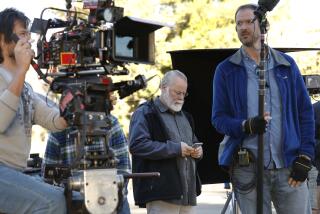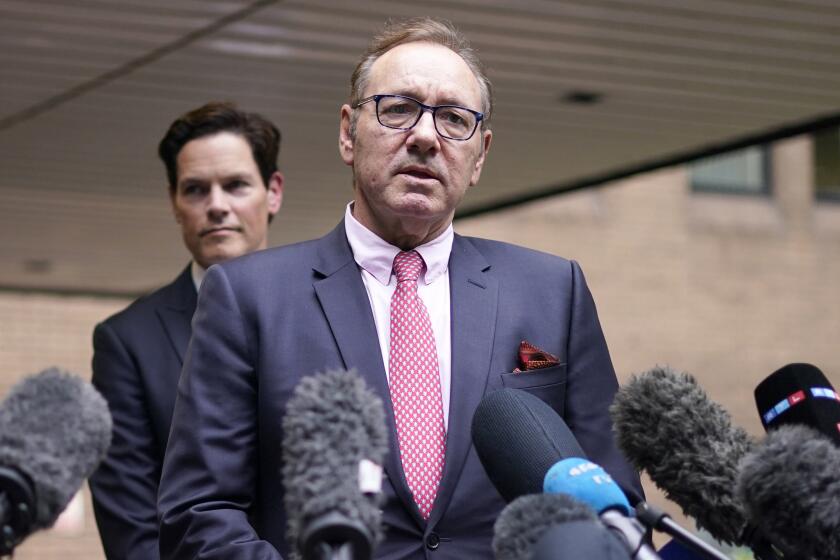3 Who Lost Their Jobs at Columbia Pictures
Some thoughts from three men who lost their jobs at Columbia:
--John Flinn. “I don’t want to be in the position of knocking (Columbia’s new managers). They had something to do, and they did it,” said Flinn, a 20-year Columbia employee who now works on a temporary basis in MGM/UA’s publicity department.
Flinn’s boss, marketing executive vice president Robert Dingilian, resigned shortly after laying off the 70-year-old publicist. Ray Stark--Flinn’s friend, and a powerful producer with close ties to Columbia--unsuccessfully tried to save Flinn’s job. But the publicist was quickly recruited by MGM/UA executives who read about his dismissal in the trade papers. “I just wanted to stay in action,” said Flinn.
--Jack Friend. A former senior marketing executive, Friend was dismissed after 13 years with Columbia. He now plans to alter his career path by consulting and by independently writing and producing movies and TV shows.
According to Friend, a career counselor provided by Columbia helped him to recognize that he was looking for a change. “(The counselor) immediately tuned into that,” he said.
Friend added that high-level executives will find it harder than secretaries and other lower-paid employees to land new jobs: “The problem with our industry is that it’s very special. Once you get to a certain level, the jobs become few and far between.”
--Fred Bernstein. As president of world-wide movie production, Bernstein was a close ally of Puttnam, whose forced resignation immediately preceded the mass layoffs.
Even after losing his own job, Bernstein insisted he wasn’t particularly upset with the studio. Like New York Yankee fans, he explained, Columbia employees are so loyal, they find it hard to express anger at the studio: “No matter how bad (the Yankees) were, it was hard to speak ill of them. That’s how a lot of people feel about the company that they just poured their guts into.”
Bernstein, 35, said he is “a couple weeks” away from considering his next job. “You take situations like this to evaluate what you want to do when you grow up.”
More to Read
The biggest entertainment stories
Get our big stories about Hollywood, film, television, music, arts, culture and more right in your inbox as soon as they publish.
You may occasionally receive promotional content from the Los Angeles Times.






